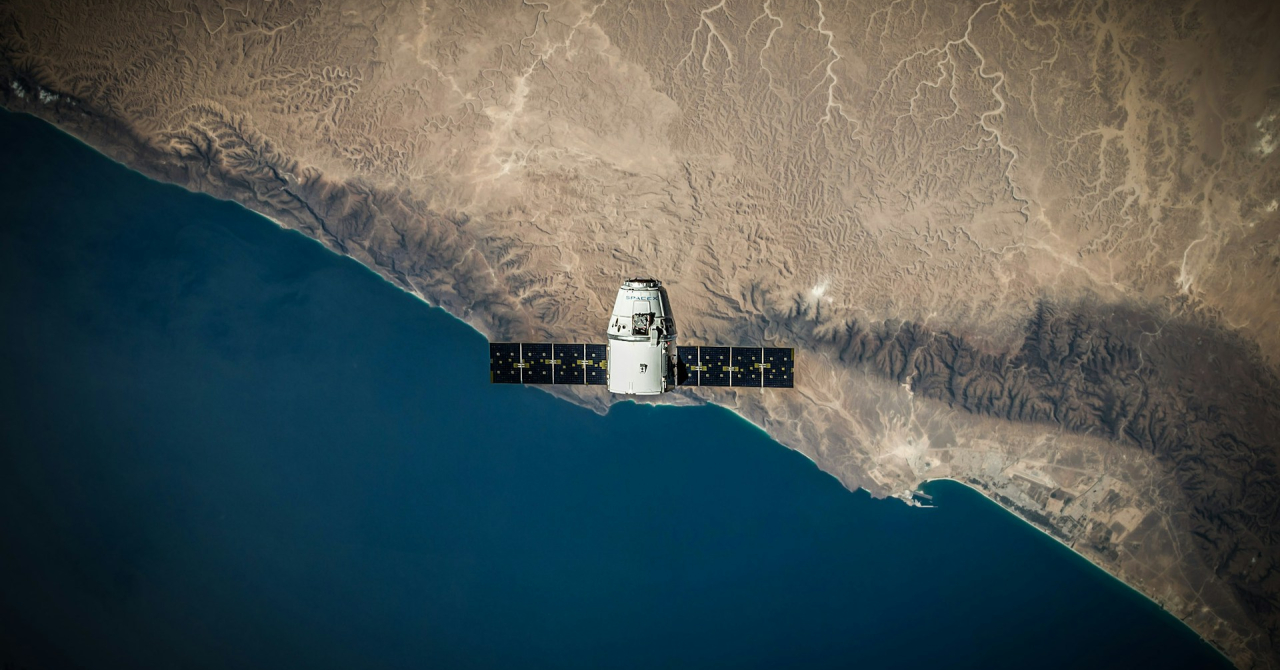Energy Daily writes that orbiting solar reflectors could have a great potential to boost solar power capacity, as per research done by scientists at the University of Glasgow. They suggest that giant orbiting mirrors could allow solar panels to generate electricity not only during the day, but also when the sun has set.
Their research claims that deploying 20 of these giant solar reflectors in a 1.000-kilometer orbit could extend the solar parks' exposure to the Sun by up to two hours. This would also solve the problem of lacking renewable power during the first evening hours, when people usually come back home and the sun is ready to call it a day.
Dr. Onur Celik, leading author of the study, said that "orbiting solar reflectors present an innovative solution to maximize solar farms' output, potentially revolutionizing locations and effectiveness of future solar energy projects."
The research, funded with a 2.5 million euros grant by the European Research Council under the European Union's Horizon 2020 program, is part of the SOLSPACE project. Professor Colin McInnes, SOLSPACE's principal researcher, says that the space reflector concept goes back to 1920, while practical tests were conducted in the early 1990s.
Scientists' initial measurements suggest that 20 space reflectors could extend the daily production capacity by 728MWh of electricity, without the need of additional solar panels.
Thus, their solution aims to make existing solar panels more efficient, while solving the issues related to the lack of power in certain regions.
 Mihai - Cristian Ioniță
Mihai - Cristian Ioniță












Any thoughts?